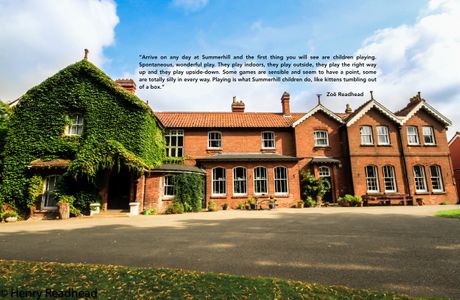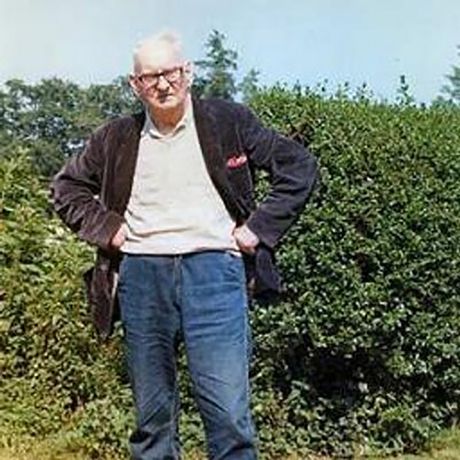Founded 100 years ago, and still ahead of its time: A school where students make the rules
Back in 1921, the first and only school in the world that was adapted to children was founded in Dresden, Germany. The school was founded by British pedagogue Alexander S. Neill, who soon moved it from Dresden to Suffolk, 150 kilometers away from London, where it is still located today.
The school called Summerhill was relatively unknown to the general public until in the 1960s, Alexander S. Neill wrote the book, "Summerhill," in which he described one of the most important educational and pedagogical experiments of recent times.
Summerhill was based on completely new and different principles compared to traditional European schools. Summerhill is a school where children are given freedom.
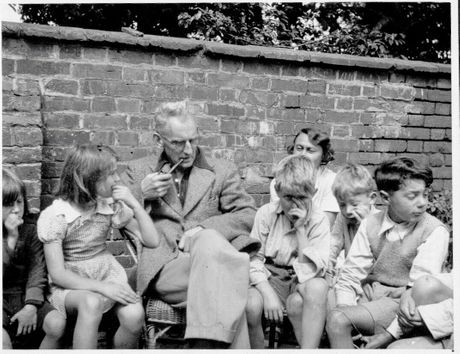
"It must be emphasized again and again that freedom does not mean spoiling a child. If a three-year-old wants to run across the table, simply tell them not to. They must obey, that's true. But on the other hand, you have to listen when needed. I leave the small children's room if they tell me to leave," Neill explained in his book.
The basic postulate of child development - PLAY
"Our children just play - and they can do it pretty well all day if they want to. Of course, sometimes things go wrong during a game. Sometimes people get into conflicts. This is part of being a child. There are structures that protect the rights of each of us and there are older children or adults who can help you if needed," says the description of the philosophy of this school.
He wrote about his experience, the school and the children who attended it in the 1960s in a book that in the following decades becase a significant read not only for education experts, but was almost a "book for every home." "Summerhill" was also read by parents in our country, looking for answers to questions about the right way to bring up and educate a child.
"Only now do I understand the absolute freedom of my education scheme. I see that all external coercion is wrong, that internal coercion is the only value. And if Mary or David want to be lazy, laziness is the only thing that is currently necessary to their personality. Every moment of a healthy child's life is a working moment. A child does not have time to sit and be lazy. Laziness is abnormal, it represents recovery and that is why it is necessary when it is there," Neill once said.
While Neill was hailed by many as a man who had adapted school to the true nature of the child, not the other way around, many criticized him mostly for the poor quality of lectures and classes held in Summerhill, and then for the "poor behavior" of students and their overly anarchist ideas.
Learning is optional
"Summerhill was born as an experimental school. It is no longer that. Today, it is a demonstration school, because it demonstrates that freedom is possible," Neill wrote in "Summerhill." At the time the book was written (1960), there were about 45 students between the ages of 5 and 16 there, some of whom were foreigners - five from Scandinavia, one from the Netherlands, one from Germany and one from the US. Many of them were labeled as problematic children in previous schools or by their parents, while some came there because their parents were convinced that Neill's concept of education was better than the conventional one.
The children in Summerhill really were free in the sense that they could do absolutely anything they could think of, as long as it did not endanger other Summerhill residents, students, teachers and other school staff. They didn't have to attend classes. They did not have to have a hobby or do anything that was offered to them - for example, master crafts in workshops, create art, sew, read and the like.
"They could, if they wanted, lie down all day and that is what a number of them, upon arrival in Summerhill, did. It took them a few weeks or a few months to get interested in what was happening at the school and to enter into the usual currents of this democratic community. All decisions at the school were made at community meetings.
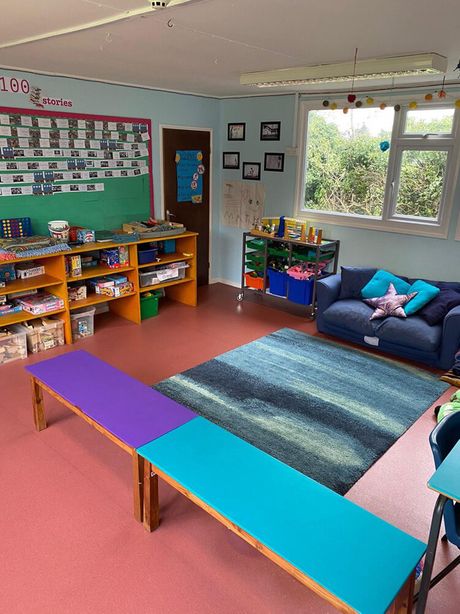
Everyone attended and participated, from the school principal to a five-year-old, and everyone had the same right to vote. Often, Neill recalled, adults would be outvoted and decisions had been made that were not something to be proud of, such as allowing students to smoke, because it is not fair that adults are allowed to smoke and children are not. Aren't they all equal?
"I think that a child by nature is wise and realistic. If they are allowed to be independent, if adults are not overwhelming them with their advice, they will develop into the most they can be."
"Understandably, Summerhill is a place where those who have the innate ability and desire to be scholars will become scholars, while others, whose only ability is to sweep the streets, will sweep the streets. But, so far, no one that has left our school has become a street sweeper, nor am I saying this from a snobbish point of view, since I would prefer the school to rear happy street sweepers than neurotic learned people," Neill explained in his book.
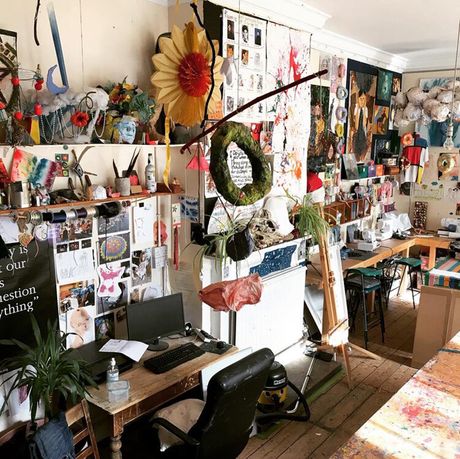
FACTS:
* All classes in Summerhill are optional, but most children choose to attend classes and take state exams
* New students mostly skip classes, but as they get used to the idea of freedom, they realize that learning can be fun
* The school has a weekly meeting where rules are established and everyone from the youngest child to the teacher and every staff member has the right to vote and their vote counts
* Although students are more numerous than teachers, they understand that the rules that are passed should make school life easier for everyone
* The school's goal is to enable children to develop emotionally and to control their own lives. All children are encouraged to develop at their own pace without pressure from peers, the public or adults
* Happiness is Summerhill's priority, happiness is more important than exam results
The book gives examples of what has become of its former students, some of whom are distinguished doctors and professors, and some happy craftsmen who love their job more than anything, There is a list of important people who attended this school on the Summerhill Wikipedia page.
They are probably not known in our country - one is a lecturer at the University of Brighton, the other a music producer, yet another designs rock album covers, the fourth is a children's book author, the fifth an architecture professor, and there is an actress. There are definitely no Nobel laureates or eminent scientists, but that is not Summerhill's goal.
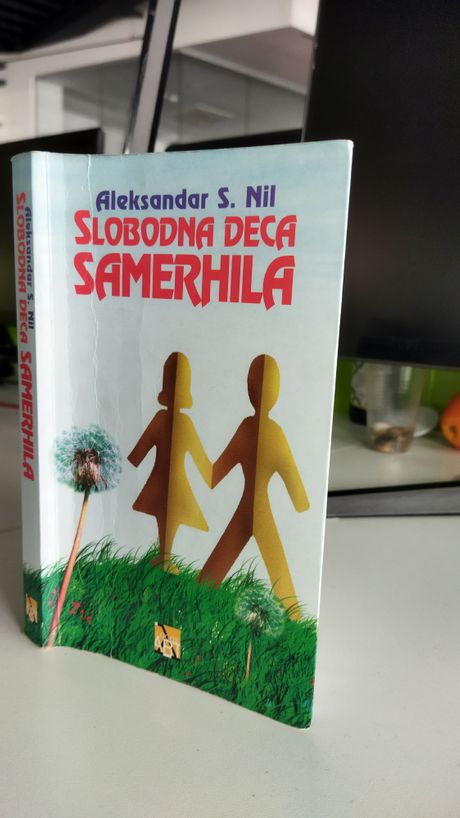
Neill died in 1973 and then his wife took over the school. Today, according to very similar principles, it is led by Neill's daughter Zoe Redhead with her husband Tony and sons Will and Henry, who also grew up in Summerhill.
The school's website has the motto, "Founded by A.S. Neill in 1921 and still ahead of its time."
(Telegraf.rs)
Video: Zafranović: David je ostavio veliki trag u srpskoj kinematografiji
Telegraf.rs zadržava sva prava nad sadržajem. Za preuzimanje sadržaja pogledajte uputstva na stranici Uslovi korišćenja.
